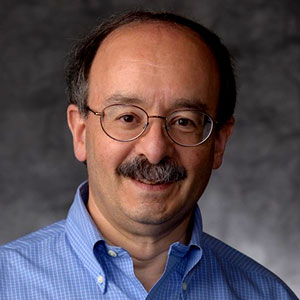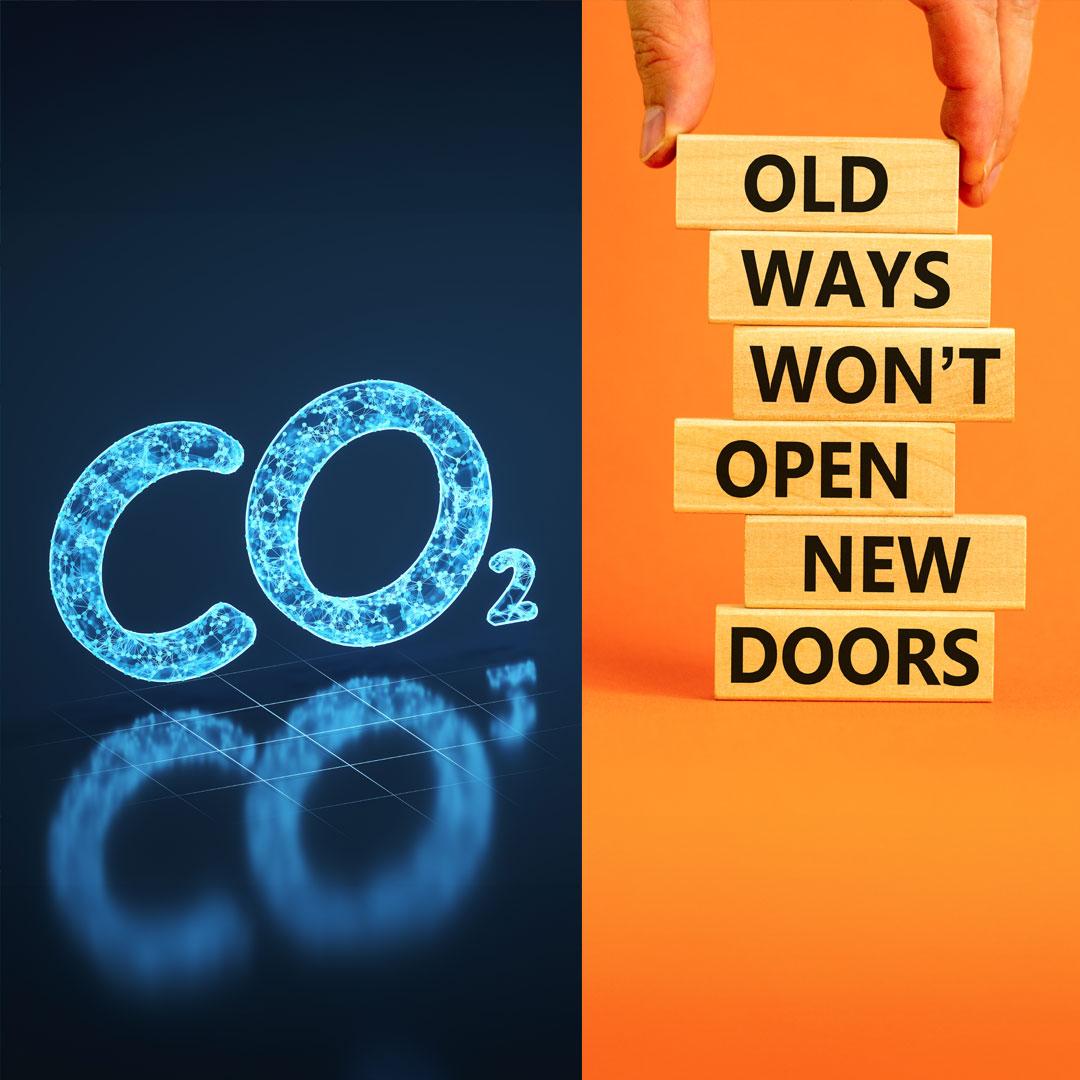Brought to you by:
Institute for Energy Studies, The Foundation for WWU & Alumni
Description
Half the world’s historic decarbonization came, and at least half of its future decarbonization can come, from using energy more efficiently. Yet “integrative design”—designing buildings, vehicles, and factories as whole systems, not as piles of isolated parts—can make efficiency’s potential severalfold larger, and with even greater profits. Meanwhile, astounding recent growth in solar and windpower, reinforcing plummeting costs, puts renewable energy on track to decarbonize the power sector timely and to electrify mobility and heat advantageously. Incumbent energy industries will struggle to catch up as linear thinking collides with exponential reality. The main challenge is to ensure policymakers enable the new energy system, not protect the old.
If you would like to be added to the Institute for Energy Studies newsletter, please sign up online.
Featuring:

Amory Lovins, Speaker
Physicist Amory Lovins is Cofounder and Chairman Emeritus of RMI (formerly Rocky Mountain Institute); author of 31 books and over 880 papers; a designer of superefficient buildings, vehicles, and factories; and a half-century advisor to major firms and governments worldwide on advanced energy efficiency and strategy.
He received the Blue Planet, Volvo, Zayed, Onassis, Nissan, Shingo, and Mitchell Prizes, MacArthur and Ashoka Fellowships, 12 honorary doctorates, the Heinz, Lindbergh, Right Livelihood, National Design, and World Technology Awards, and Germany’s Officer’s Cross of the Order of Merit. A Harvard and Oxford dropout, former Oxford don, honorary US architect, Swedish engineering academician, and 2011–18 member of the National Petroleum Council, he has taught at ten universities and is currently Adjunct Professor of Civil and Environmental Engineering at Stanford. In 2009, Time named him one of the world’s 100 most influential people, and Foreign Policy, one of the 100 top global thinkers. Stanford’s citation analysis lists him among the top 2% of the world’s scientists. His first professional paper on climate change was written in 1968.
Accommodations and Other Details
Contact The Foundation for WWU & Alumni for this event if you have questions or need disability accommodations by calling (360) 650-3353 or emailing Alumni@wwu.edu.
Advance notice for disability accommodations and special needs is greatly appreciated. Please indicate your special needs on the registration form.
There will be auto-captions available for the Zoom webinar.
